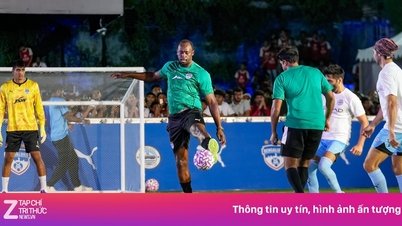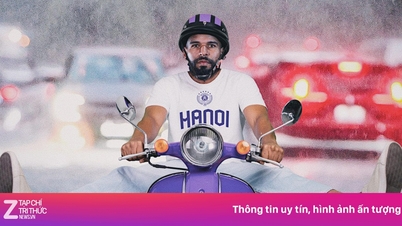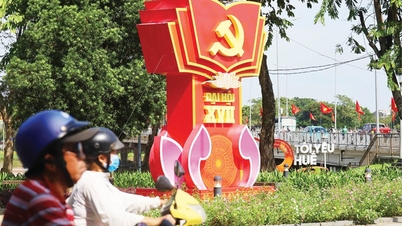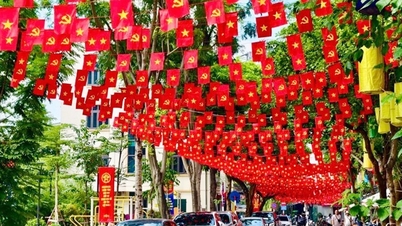One of them was Abebe Bikila's inspiring victory at the 1960 Rome Olympics. Here, he conquered the 42.195 km marathon distance under unexpected circumstances. He ran completely barefoot.
Rome 1960 – The race that went down in history
Abebe Bikila was born in 1932 in Ethiopia, to a poor farming family. He grew up on the rugged dirt roads of the African highlands, where bare feet were the norm. It was the years of wandering without shoes that trained Bikila's strong legs, extraordinary endurance and an iron will.
Bikila joined Emperor Haile Selassie's bodyguard and began to gain attention for his outstanding endurance running ability. By the mid-1950s, he was discovered by Swedish coach Onni Niskanen and guided to become a professional marathon runner.
When the 1960 Olympics rolled around in Rome, Bikila was not a big name. Before the tournament, he didn't even have proper shoes to compete in. The pair he was given caused blisters and pain, and Bikila made the bold decision to run the Olympic marathon barefoot.
 |
Bikila runs barefoot. |
On the day of the race, amidst the ancient cobblestone streets of the Roman capital, the image of a tall, thin, resilient black athlete striding barefoot surprised the audience. Throughout the long race, Bikila not only chased the strongest opponents but also gradually accelerated to overtake them.
In the final kilometer, he made a spectacular breakaway, reaching the finish line at the Arc de Triomphe of Constantine in 2 hours 15 minutes 16 seconds – a new world record. That victory not only helped him win the Olympic gold medal, but also put Ethiopia's name on the world sports map for the first time. Bikila also became the first black athlete in history to win an Olympic gold medal for Africa, opening a new era for athletics on the black continent.
Glory and tragedy
Bikila’s victory had significance beyond the scope of a single competition. Ethiopia, one of the few African countries never fully colonized, saw in it a symbol of pride and indomitable spirit. As many African countries rose up for independence, the image of a barefoot Ethiopian crossing the world became an endless source of inspiration.
Not stopping in Rome, 4 years later, at the 1964 Tokyo Olympics, Bikila continued to prove his extraordinary mettle. Despite having undergone appendectomy less than 6 weeks ago, he successfully defended his marathon gold medal, this time in shoes, with a time of 2 hours 12 minutes 11 seconds – another new world record. He became the first athlete in history to win Olympic marathon gold medals two consecutive times.
 |
Bikila is an immortal symbol of world sports. |
His illustrious career would have lasted even longer had it not been for a car accident in 1969 that left Bikila completely paralyzed from the waist down. Despite losing the ability to walk, he remained optimistic, participating in sports tournaments for the disabled and becoming a living example of perseverance.
Bikila died in 1973 at the age of 41, but his legacy endures. In Ethiopia, he is revered as a national hero. His statue stands tall in Addis Ababa, and Abebe Bikila is forever remembered as a symbol of strength of mind, African pride, and the spirit of overcoming adversity.
Source: https://znews.vn/abebe-bikila-va-bi-kich-cua-huyen-thoai-marathon-chan-tran-post1588325.html



![[Photo] Binh Trieu 1 Bridge has been completed, raised by 1.1m, and will open to traffic at the end of November.](https://vphoto.vietnam.vn/thumb/1200x675/vietnam/resource/IMAGE/2025/10/2/a6549e2a3b5848a1ba76a1ded6141fae)






























































































Comment (0)